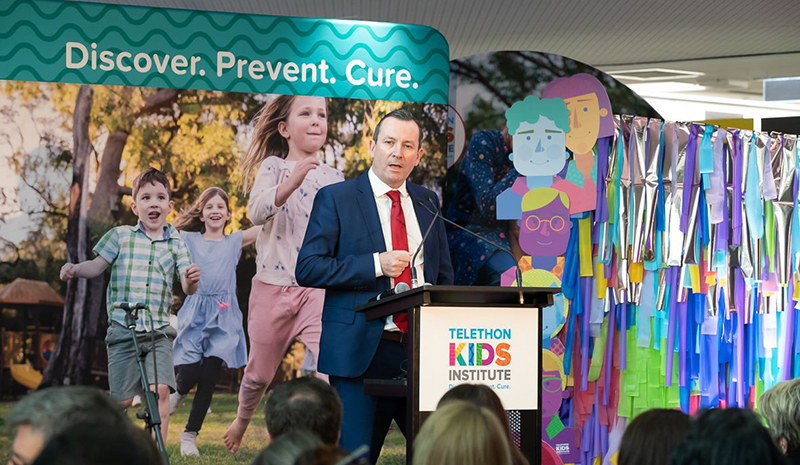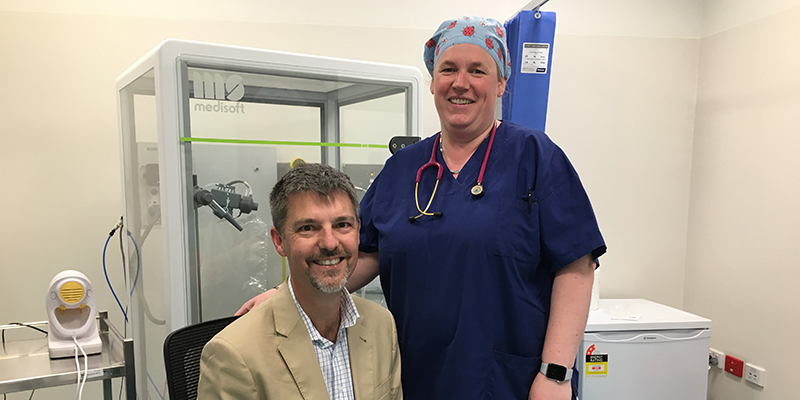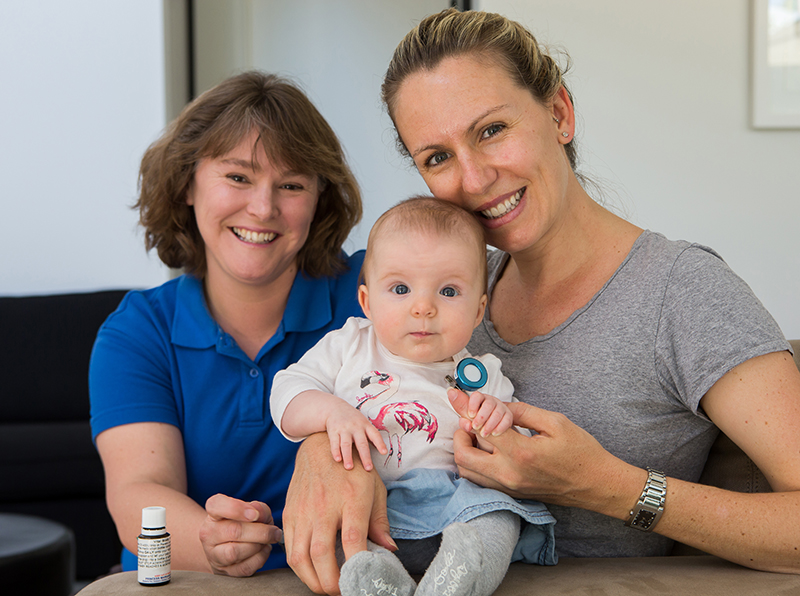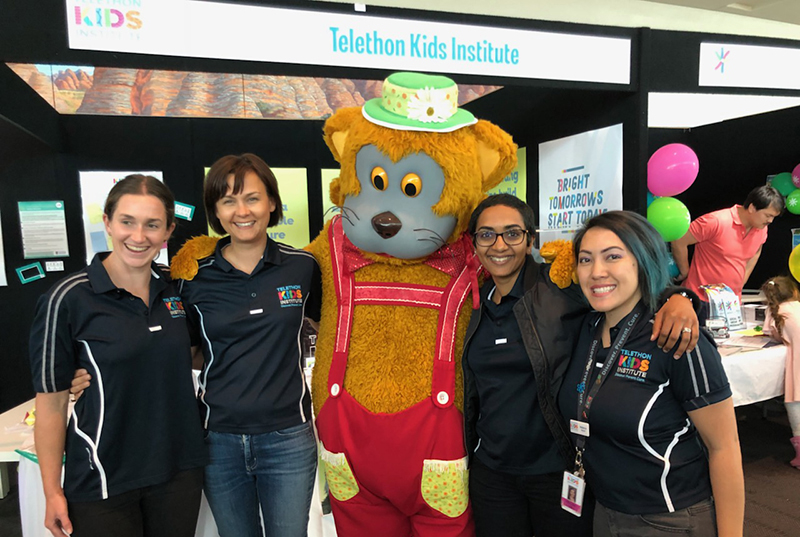Search

News & Events
Discovery Centre makes science funBudding young scientists can now gain an insight into the world of research thanks to The Kids Research Institute Australia’s newly opened Discovery Centre.

News & Events
Asthma medication reduces respiratory complications during tonsil surgeryA Perth study has shown that over-the-counter asthma medication before surgery can reduce respiratory complications during and after tonsillectomy surgery.

News & Events
For kids, by kids: New “Boom Boom” song teaches children how to prevent deadly heart diseaseOnce you hear it, you won’t be able to get it out of your head – and that’s exactly the point of the new song ‘Boom Boom’.

News & Events
Ear health partnership brings brighter future for Aboriginal kidsA new partnership between The Kids Research Institute Australia, Dr George Sim and St John of God Murdoch Hospital will offer essential surgery at no cost for a group of Aboriginal children suffering severe ear infections.
Symposium Sundowner Date: Monday, 11th November Time: 5-7pm Venue: The Winter Garden & Collegiate Lounge, Level 5 Perth Children’s Hospital Join us

News & Events
Dogs are more than companions, they are great for our mental wellbeingA new study has highlighted the positive impact dog ownership has on our mental health.

News & Events
Infant study shines new light on eczema preventionA study led by The Kids Research Institute Australia has suggested vitamin D supplementation in babies is no match for sunlight when it comes to preventing eczema.

News & Events
Telethon smashes records as West Australians dig deep for sick kidsHuge congratulations to Telethon on another record-breaking year, with generous West Australians donating just over $38 million to help sick kids.

News & Events
Launch of National Autism GuidelineResearchers from The Kids Research Institute Australia, working with the Autism CRC, have led the development of the National Guideline for the Assessment and Diagnosis of Autism Spectrum Disorder in Australia which was launched today.

News & Events
The Kids researcher honoured at Premier’s Science AwardsThe Kids Research Institute Australia researcher Dr Melissa O’Donnell has been named Woodside Early Career Scientist of the Year at the 2018 Premier’s Science Awards for her internationally recognised work in the area of child abuse and neglect.
